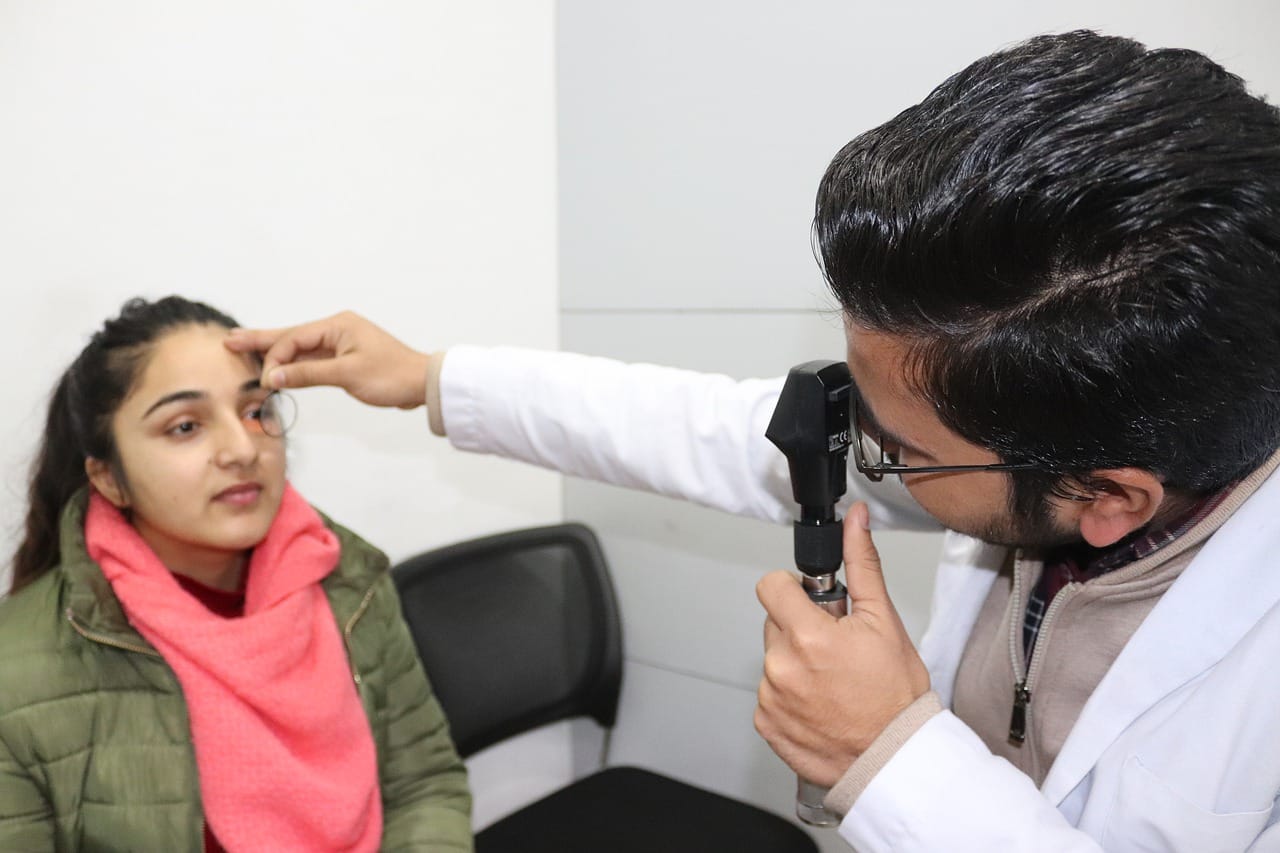Optometrists are also called eye doctors or ODs, and they are responsible for providing basic vision care. They diagnose and treat minor injuries of the eye out other visual complications. They also prescribe vision corrections to patients who need glasses and contact lenses. Many optometrists choose specializations such as eye care for a particular age group or providing eye care post an operation.
Education
Most students need to plan a career as an optometrist from their high school. They must have a bachelor’s degree in pre-medical sciences or biology. To enroll for an O.D. program, one must have an education in biology, chemistry, maths, and psychics.
To get accepted in an optometry school, students need to pass the Optometry Admission Test (OAT). The test gets organized by the Association of Schools and Colleges of Optometry. After passing the test, students can apply to Optometry schools. Choosing the right school is no simple undertaking. For those looking to start their search, PECAA has put together an article outlining where to begin and how to narrow your search of your top rated optometrist schools. Optometry schools offer a four years program, post which a student becomes a Doctor of Optometry.
Many Optometry students choose to undertake a residency program for one year after completing their degree. The residency programs offer technoscientific training and clinical experience to them. They also have classroom lectures to cover specialized topics of optometry. Students often shadow licensed optometrists to learn skills and gain experience. For specialization, students need to undertake postgraduate clinical training in the subject of their preference.
License
After education and training get completed, students must get licensed before they can practice in America. To obtain a license, they have to pass a four-part exam conducted by the National Board of Optometry Exam. Many states also have exams to obtain additional licenses that cover the optometry laws and regulations of the State. Optometrists also have to complete further courses to maintain their license to practice.
Additional Skills
Optometrists should also possess some soft skills to succeed in their fields that will not be taught at an optometry school. Some of these skills are as follows.
- Optometrists should possess active listening skills, which will allow them to hear and understand what their patients are suffering from.
- To explain treatments and remedies to patients, optometrists must possess adequate verbal communication skills too.
- Since optometry is a very specific branch of medicine, they must possess attention to details. The eye is an intricate organ of the body and needs minute attention care.
- Interpersonal skills are essential because optometrists often have to deal with patients directly. Moreover, optometrists often open their own practice, so interpersonal skills can come in handy when they have to treat patients like customers.
- Optometrists must possess critical thinking and problem-solving skills to identify the problems accurately and treat them.
Duties and Responsibilities
Optometrists need to perform the following job responsibilities at work.
- They need to conduct a comprehensive examination of a patient’s eyes.
- Optometrists need to perform vision-related tests on patients and analyze the test results.
- They need to diagnose visual disorders and diseases like glaucoma. They also need to treat these issues.
- Eye doctors need to prescribe glasses and contact lenses to patients who need vision correction.
- They need to attend and handle eye-related emergencies.
- Examine and treat eye-related problems arising from other health issues, such as high blood pressure or diabetes.
- Prescribe and conduct routine eye checkups.
Job Outlook
Optometrists’ earnings are higher than the national average of America. Most optometrists earn $120,000 approximately every year, which comes to about $53 per hour. The highest-earning optometrists earn about $190,000 each year, which is more than $90 an hour. Optometry jobs are on the rise, and the growth in the next ten years could be about 18% according to the U.S. Bureau of Labor Statistics.
Optometrists usually work in enclosed examination rooms of healthcare centers or individual practices. They use instruments and machinery specific to eye care of patients. Most optometry practices are quite busy and fast-paced. However, some organizations limit the number of patients per hour so that optometrists can provide optimum treatment and healthcare. Several optometrists also choose to open their eye care clinic and moonlight at a healthcare center in the initial days of business. A small percentage of optometrists work for the government. Most optometrists work 40 hours every week. However, some employees may ask an optometrist to cover Saturdays in their weekly routine as part of those 40 hours.










